- Details
-
Published: Wednesday, 27 May 2020 11:33
 By Quinta Mazatlán
By Quinta Mazatlán
This summer, Quinta Mazatlán offers Thursday Nature Nights for kids and families. Join us every Thursday evening for new outdoor educational learning and nature discovery on the trails. Thanks to Freels Orthodontics, the outdoor summer series features great educational entertainment for Valley families.
Read more: Songfest Under the Old Oak Thursday Evening in the Park
- Details
-
Published: Tuesday, 26 May 2020 19:53
 by Melinda Myers
by Melinda Myers
Fill your gardens with beautiful plants that produce an abundance of seeds the birds will love. You’ll enjoy the flowers as well as the birds that visit to dine on the seeds. Best of all, there is no feeder to refill or clean.
Sunflowers are likely the first seed-producing plant that comes to mind. Their dark brown centers turn to seeds that attract a wide variety of birds and of course squirrels to your yard. Add a unique flare to your sunflower collection with the All-America Selections (AAS) winner Sunflower Ring of Fire. Its chocolate brown center is surrounded by a ring of red petals tipped in gold. The 4- to 5-feet-tall plants reach their peak late in the season, adding a fresh look to any flowerbed.
Read more: Bring in the Birds with These Winning Plant Varieties
- Details
-
Published: Tuesday, 26 May 2020 10:34
Summer is on its way, which means so are mosquitoes. The flying pests invade neighborhoods like an army, but they aren’t just a backyard nuisance with bites that itch. They also can carry dangerous diseases, including West Nile virus and Zika.
Most regions of the U.S. have issues with mosquitoes, but knowing prevention and mitigation measures can stop them from mushrooming into a big problem, says Dr. Craig Stoops (www.mosquito-authority.com), a retired U.S. Navy medical entomologist and chief science officer at Mosquito® Authority, a mosquito control company.
Read more: 5 Tips To Keep Mosquitoes Away
- Details
-
Published: Saturday, 23 May 2020 09:48
Join us in honoring our Texan Veterans this Memorial Day
AUSTIN — On Monday, May 25th, Texas Land Commissioner and Chairman of the Veterans Land Board George P. Bush will be hosting a virtual Memorial Day ceremony to honor and remember our military servicemembers who made the ultimate sacrifice.
The year 2020 has brought many unforeseen changes. However, one thing that has not, nor ever will change is our unwavering dedication to Texas Veterans and remembrance of the ones we have lost.
Read more: Virtual Memorial Day Ceremony with George P. Bush
- Details
-
Published: Monday, 18 May 2020 16:44
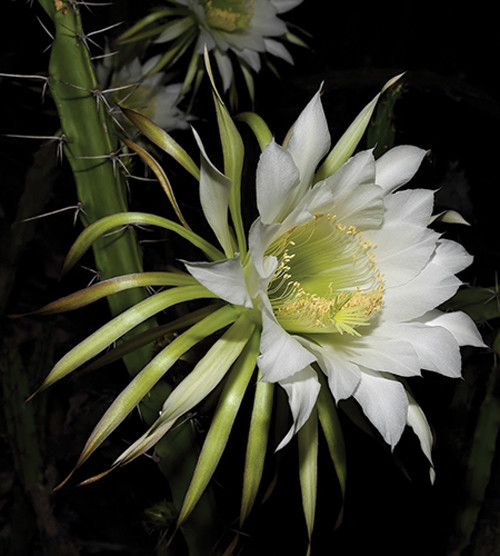 By Colleen Curran Hook, Executive Director of Quinta Mazatlan
By Colleen Curran Hook, Executive Director of Quinta Mazatlan
One night a year, the Night Blooming Cereus bursts open with beauty. Few get to witness this glorious sight as they close before the morning sun. The cacti typically bloom all at once to attract pollinators like the Sphinx Moth. They need to bloom, set fruit and have their seeds dispersed before the end of their very short blooming season.
Read more: One Special Evening a Cactus May Surprise You
- Details
-
Published: Thursday, 14 May 2020 09:58
 By Melinda Myers
By Melinda Myers
Set aside a sunny spot in your garden or landscape for a few easy-care, herbaceous peonies. These traditional favorites are treasured for their bountiful early summer flowers, vigorous, shrub-like habit and amazing longevity. Peonies blend nicely with other perennials and are a good addition to both formal and informal garden designs.
The peony’s sumptuous flowers and captivating fragrance have been admired by generations of gardeners. While many other plants come and go, peonies have staying power. The variety ‘Sarah Bernhardt’ was introduced in 1906 and has been popular ever since. Its plush, pale pink flowers have silvery tips and open late in the peony season.
Read more: Lush Peonies Add Beauty and Fragrance to Early Summer Gardens
- Details
-
Published: Thursday, 14 May 2020 09:55
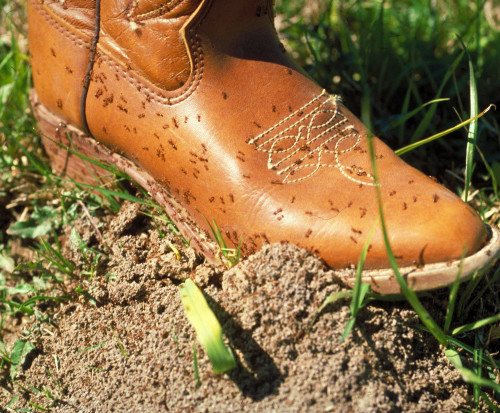 It’s as easy as 'one-two' to manage imported red fire ants
It’s as easy as 'one-two' to manage imported red fire ants
Written by Paul Schattenberg, 210-859-5752, paschattenberg@ag.tamu.edu
The Two-Step Method is the fire ant control method most preferred by the Texas A&M AgriLife Extension Service. (Texas A&M AgriLife Extension Service photo)
Now is an ideal time to take the first step to fire ant control, said Texas A&M AgriLife Extension Service experts.
“Spring is a good time to begin your imported red fire ant control because this is the time of year when the ants are searching for food and starting to build those mounds that make them much easier easy to locate,” said Mike Merchant, Ph.D., AgriLife Extension urban entomologist at the Texas A&M AgriLife Research and Extension Center in Dallas.
Read more: Spring is the time for Texans to ‘two-step’ toward fire ant control
- Details
-
Published: Wednesday, 13 May 2020 16:05
 May 25, 2020
May 25, 2020
My Fellow Texans,
Memorial Day is observed on the last Monday of May, honoring the men and women who died while serving in the U.S. Armed Forces. It is a day for Americans to offer tribute and honor to the heroes who laid down their lives to preserve our freedoms.
Originally known as Decoration Day, it originated in the years following the Civil War. It was not until after World War I, that the day was expanded to honor those service men and women who have died in all American wars. In 1971, Memorial Day was officially declared a national holiday by an act of Congress.
Read more: Texas Veterans Commission letter honoring Memorial Day
- Details
-
Published: Tuesday, 12 May 2020 00:00
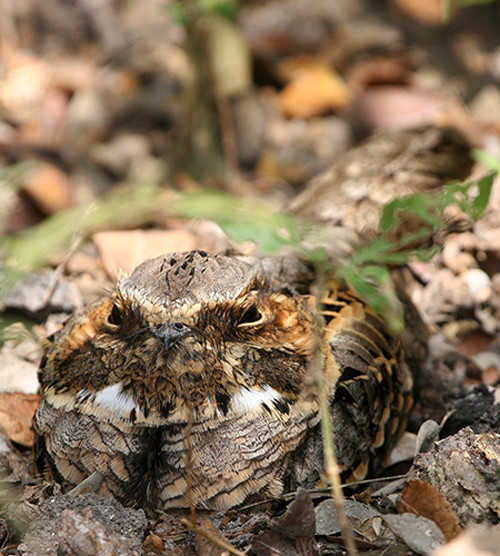 By Colleen Hook, Executive Director at Quinta Mazatlan
By Colleen Hook, Executive Director at Quinta Mazatlan
One of the most near-perfect camouflaged birds is the Common Pauraque. The Pauraque has an understated beauty marked in brown-black and grey patterns and can just “disappear” on the Thornforest floor. While Pauraques are an adaptable species, they need forests to live and will leave areas that are heavily built up. Forests are important for many reasons from providing homes, to providing food, medicines and helping us breathe and keep cool.
Pauraques are unlike most other birds, as they really don’t construct nests. They make a scrape in the ground and lay eggs on the Thornforest floor on fallen leaves. A clutch consists of 1-3 eggs which are pink colored with buff spots. Incubation takes about 20 days and is carried out by both parents.
Read more: Camo is my happy color
- Details
-
Published: Monday, 11 May 2020 14:36
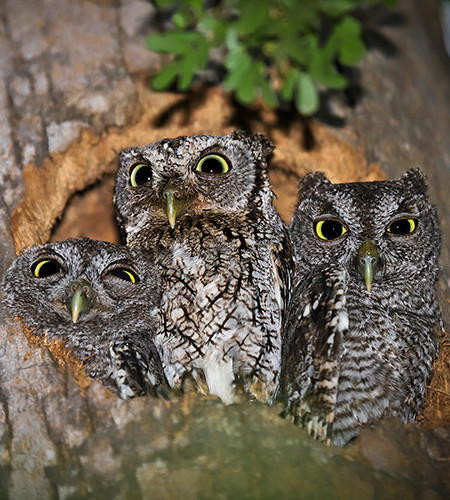 Colleen Curran Hook, Executive Director of Quinta Mazatlan
Colleen Curran Hook, Executive Director of Quinta Mazatlan
Springtime means new baby birds and celebrates rebirth and motherhood. Mother birds take parenting very seriously from building the nest to incubating the eggs and to finding food for her young. To quote Proverbs 31:10-31, “A mother’s work is never done”.
Bird nests are fascinating and as a general rule, the mother is the skilled builder designing the nest for support, shelter and camouflage. Some nests are intricately designed and others are scrapes in the ground. Let us look at the seven styles of Avian Architecture!
Read more: In celebration of momma birds
 By Quinta Mazatlán
By Quinta Mazatlán

 by Melinda Myers
by Melinda Myers By Colleen Curran Hook, Executive Director of Quinta Mazatlan
By Colleen Curran Hook, Executive Director of Quinta Mazatlan By Melinda Myers
By Melinda Myers It’s as easy as 'one-two' to manage imported red fire ants
It’s as easy as 'one-two' to manage imported red fire ants  May 25, 2020
May 25, 2020 By Colleen Hook, Executive Director at Quinta Mazatlan
By Colleen Hook, Executive Director at Quinta Mazatlan Colleen Curran Hook, Executive Director of Quinta Mazatlan
Colleen Curran Hook, Executive Director of Quinta Mazatlan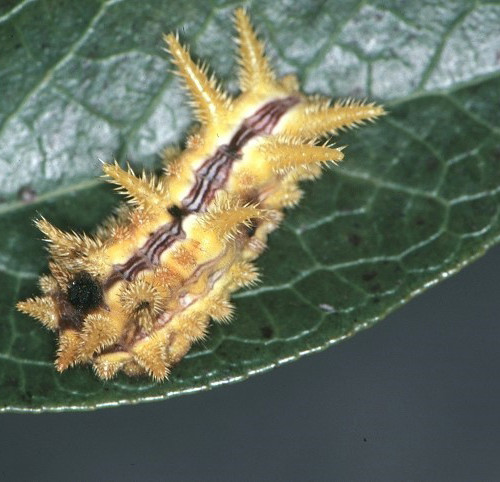 Written by Susan Himes,
Written by Susan Himes, 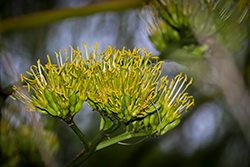 Colleen Curran Hook, Executive Director of Quinta Mazatlán
Colleen Curran Hook, Executive Director of Quinta Mazatlán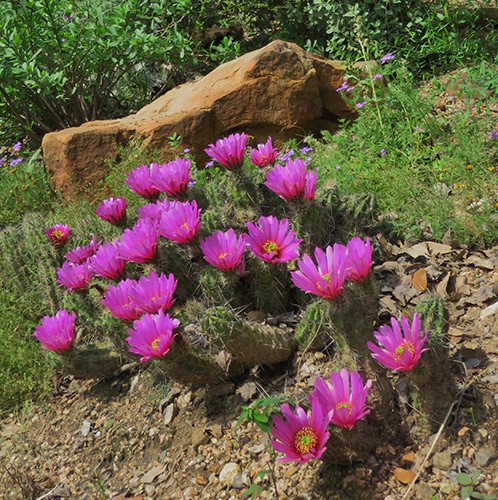 Colleen Curran Hook, Executive Director of Quinta Mazatlán
Colleen Curran Hook, Executive Director of Quinta Mazatlán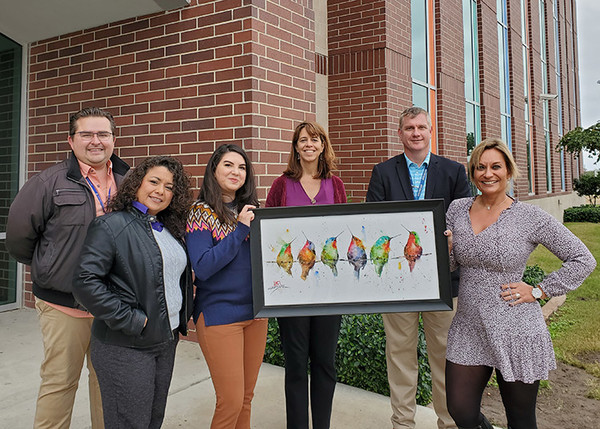 In 2017, a new architectural gem named the North Academic Building, also known as Building P, was built on the South Texas College Pecan Campus. With its modern design, impressive three stories, and welcoming atmosphere, it became a popular hub of campus activity. However, its substantial iridescent plate-glass windows and impressive height began to attract an unexpected type of attention.
In 2017, a new architectural gem named the North Academic Building, also known as Building P, was built on the South Texas College Pecan Campus. With its modern design, impressive three stories, and welcoming atmosphere, it became a popular hub of campus activity. However, its substantial iridescent plate-glass windows and impressive height began to attract an unexpected type of attention.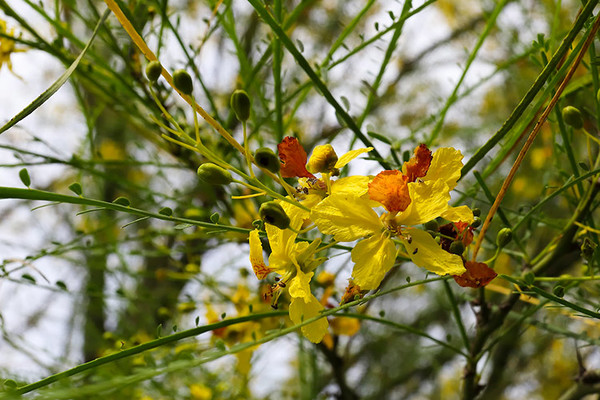 Colleen Curran Hook, Executive Director of Quinta Mazatlán
Colleen Curran Hook, Executive Director of Quinta Mazatlán














